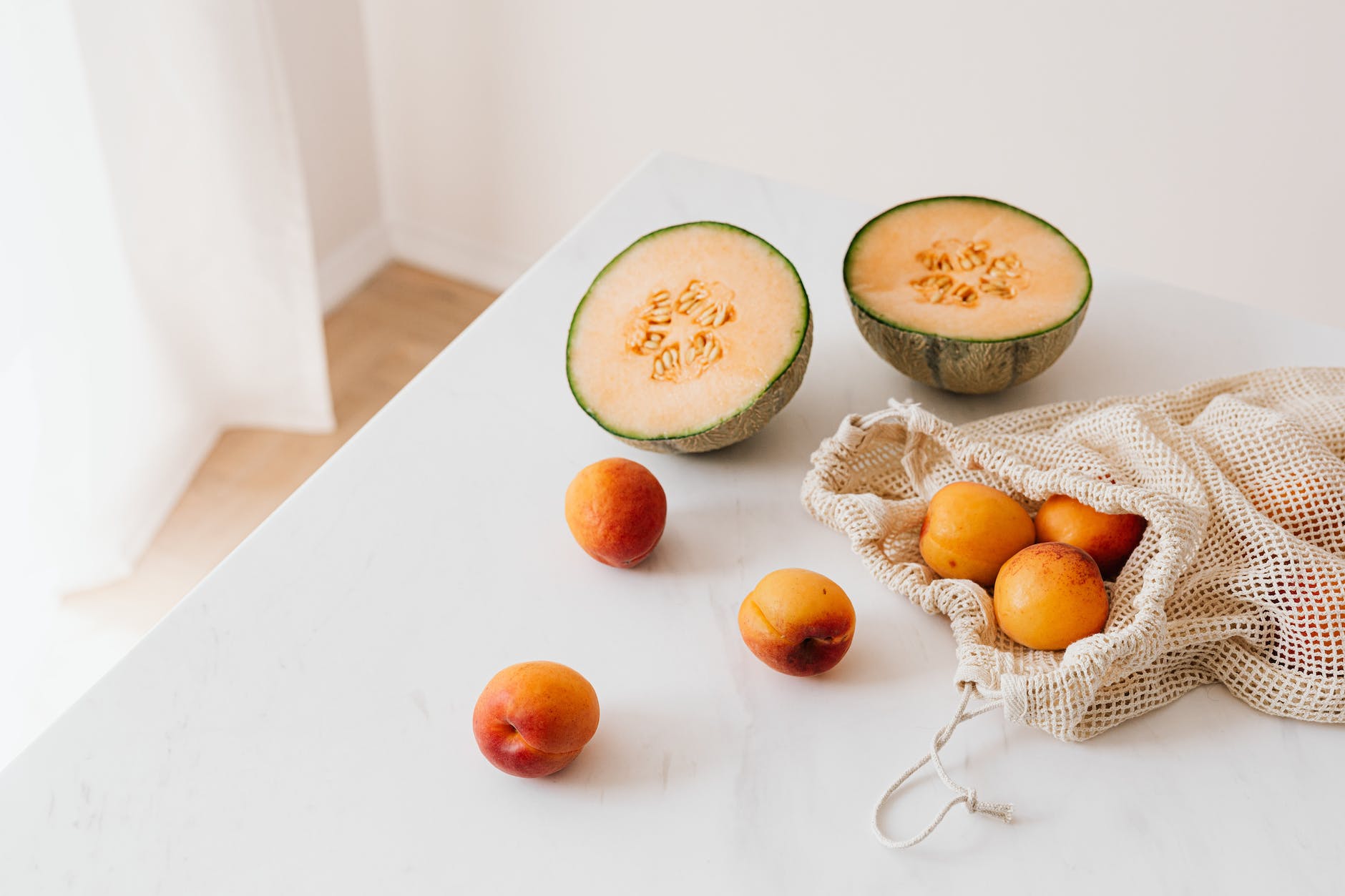How to Lower Blood Sugar Naturally: Effective Remedies from the US


- How to Lower Blood Sugar Naturally: Effective Remedies from the US
- Understanding Blood Sugar Levels
- Natural Remedies to Lower Your Blood Sugar Levels
- Diet and Nutrition for Blood Sugar Control
- Exercise and Physical Activity
- Stress Management and Sleep Quality
- Supplements and Natural Herbs
- Hydration and Blood Sugar Control
- The Role of Healthcare Professionals in Diabetes Management
How to Lower Blood Sugar Naturally: Effective Remedies from the US
Managing blood sugar levels is a critical concern for people with diabetes. In the United States, a significant number of individuals look for natural methods to control their blood sugar. This comprehensive guide delves into various effective remedies that can help your body maintain healthy sugar levels, alongside the role of lifestyle changes in managing diabetes.
Understanding Blood Sugar Levels
Blood sugar, or glucose, is a crucial energy source for our body. For people with type 1 and type 2 diabetes, maintaining stable blood sugar levels is essential to prevent complications such as stroke, kidney disease, and high blood pressure. It's vital for people with diabetes to understand the relationship between their blood sugar levels and the functioning of the liver and pancreas, as these organs play significant roles in glucose regulation.
Natural Remedies to Lower Your Blood Sugar Levels
Integrating a low-calorie diet and regular exercise like weightlifting, brisk walking, or cycling can help you lose weight and control your blood sugar effectively. These lifestyle changes are particularly beneficial for people with type 2 diabetes. For some people with diabetes, especially those diagnosed with gestational diabetes, a balanced diet and regular physical activity are key to managing their condition.
Diet and Nutrition for Blood Sugar Control
A diet that helps control blood sugar levels is essential for people with diabetes. This often involves eating a variety of nutrient-rich foods in the right proportions, which can help manage body weight and reduce the risk of diabetes complications. A diet for diabetes should include:
Carbohydrate Management: Understanding and managing carbohydrate intake is vital. This includes choosing whole grains over refined carbohydrates, eating fruits and vegetables, and monitoring the overall amount of carbs consumed.
Fiber-Rich Foods: Foods high in fiber help slow down glucose absorption, which aids in maintaining more consistent blood sugar levels. Examples include vegetables, fruits, legumes, and whole grains.
Healthy Fats: Incorporating sources of healthy fats, like nuts, seeds, avocados, and olive oil, can help improve heart health and maintain blood sugar levels.
Lean Proteins: Proteins are essential for repairing tissues and maintaining muscle mass. Choosing lean protein sources like chicken, fish, tofu, and legumes can be beneficial.
Low-Fat Dairy: Including low-fat dairy products can help provide calcium and protein without excessive saturated fats.
Exercise and Physical Activity
Regular physical activity is crucial for people with diabetes. It can help lower blood sugar levels, improve insulin sensitivity, and reduce the risk of heart disease and nerve damage. Ideal exercises for people with diabetes include:
Walking or jogging
Swimming or water aerobics
Cycling
Yoga or Tai Chi
Strength training with weights or resistance bands
For those living with diabetes, it's recommended to engage in at least 150 minutes of moderate-intensity exercise per week. Always consult with a healthcare provider before starting a new exercise regimen.
Stress Management and Sleep Quality
Stress and poor sleep can adversely affect blood sugar levels. People with diabetes should practice stress management techniques like meditation, deep breathing exercises, and mindfulness. Ensuring adequate and quality sleep each night is also crucial for maintaining balanced blood sugar levels.
Supplements and Natural Herbs
Certain supplements and herbs have been shown to help lower blood sugar levels. These include:
Cinnamon: Known for its ability to reduce blood sugar levels and improve insulin sensitivity.
Berberine: A compound found in several plants, which may help lower blood sugar levels in people with diabetes.
Alpha-lipoic acid: An antioxidant that can improve insulin sensitivity and reduce symptoms of diabetic neuropathy.
However, it's essential to consult with a healthcare professional before adding any supplements to your regimen, as they may interact with other medications.
Hydration and Blood Sugar Control
Staying hydrated is key for people with diabetes. Drinking enough water can help kidneys flush out excess sugar through urine. It's recommended to avoid sugary drinks, which can cause rapid spikes in blood sugar levels. Opt for water, herbal teas, or other unsweetened beverages.
The Role of Healthcare Professionals in Diabetes Management
While natural remedies can be effective, they should not replace prescribed diabetes medications. These remedies should be seen as part of a holistic approach, which includes medication and the guidance of a healthcare professional. Consulting with a healthcare provider is crucial for anyone living with diabetes.
The American Diabetes Association (ADA), along with the Centers for Disease Control and Prevention (CDC), provides extensive resources for people with diabetes. These include guidelines on diet, weight management, exercise, and overall diabetes care. The ADA and CDC emphasize the importance of personalized care and regular monitoring of blood sugar levels.
For more information and personalized advice, visit the American Diabetes Association's website at www.diabetes.org and the CDC's website at www.cdc.gov. These platforms provide valuable information for people living with diabetes and those looking to maintain healthy blood sugar levels.


